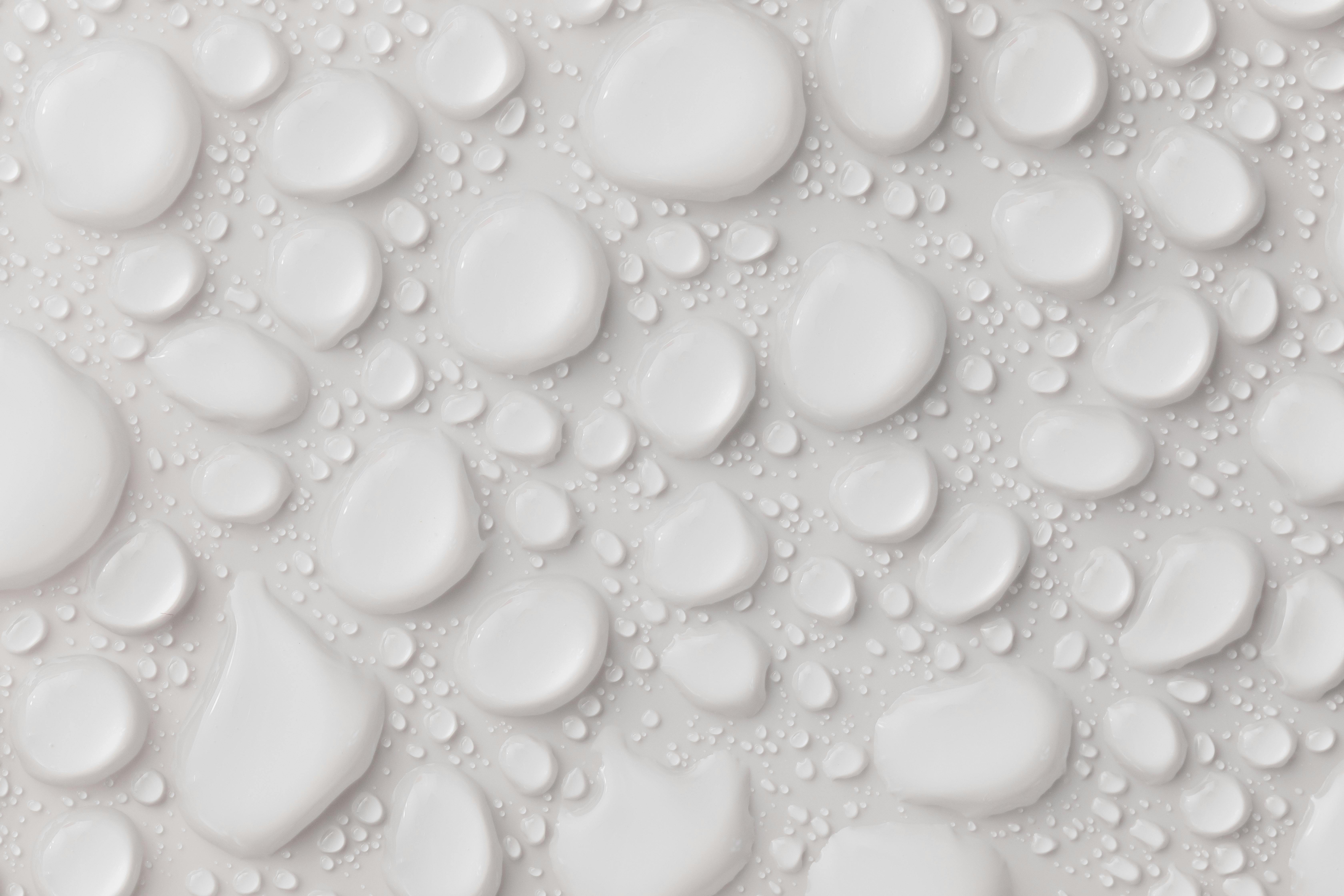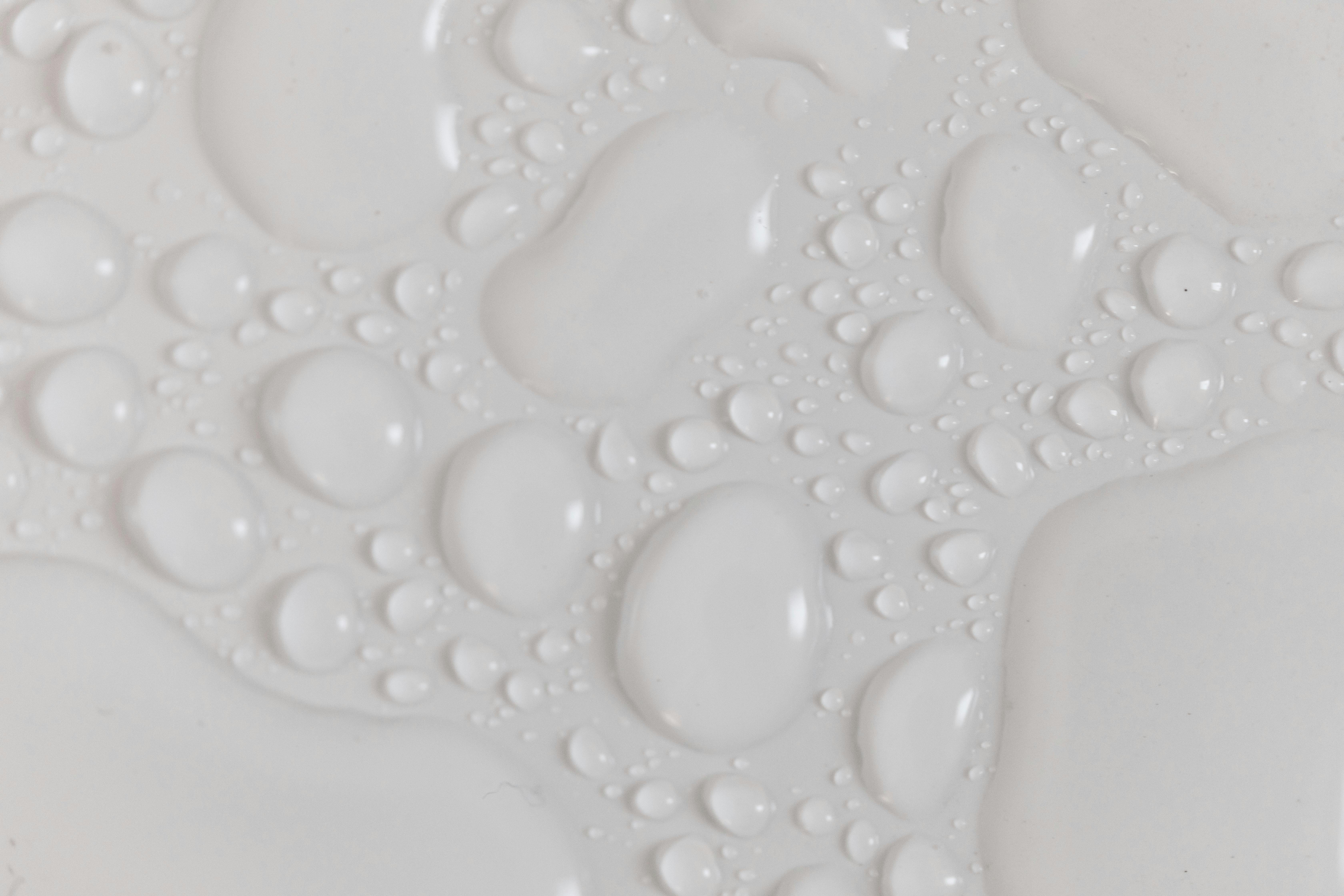Purified water and distilled water are both forms of water that have been treated to remove impurities. While they are both free from contaminants, the processes used to purify them are quite different. Purified water is filtered through a variety of methods to remove chemical, biological, and physical contaminants, while distilled water is boiled and evaporated to remove impurities. Both types of water offer a higher level of purity than tap or bottled water, however, each has advantages and disadvantages for certain applications.Purified water is water that has been mechanically filtered or processed to remove impurities and make it suitable for use. Purification processes can range from simple methods such as sedimentation, boiling, and filtration to more complex methods such as distillation and reverse osmosis. Purified water is often used for drinking, medical procedures, laboratory testing, and industrial applications.
What Is Distilled Water?
Distilled water is water that has been purified through a process of distillation. This process involves boiling the water and collecting the resulting vapor, which is then condensed back into liquid form. Distillation removes all impurities from the water, including minerals, bacteria, and chemical contaminants. The end result is pure, clean drinking water that has no taste or odor. Distilled water has many uses, including drinking, cooking and cleaning. It is also used in medical laboratories and other industrial settings where absolute purity is necessary. Due to its purity, distilled water can also be used to make ice cubes that will not leave behind any impurities or off-flavors.
Many people prefer distilled water for drinking because it does not contain any additives or minerals that could have a negative effect on their health. Additionally, some people find distilled water to be more refreshing than tap or bottled water due to its lack of flavor or odor. While distilled water may be beneficial for some people, it is important to note that it does not contain any minerals and may cause mineral deficiencies if consumed exclusively over an extended period of time.
Purified and Distilled Water
Purified and distilled water are both types of water that have been subject to a purification process. While purified water has been filtered to remove impurities, distilled water has been boiled, evaporated and condensed to remove impurities. Both methods can be used to produce clean, safe drinking water, but there are some important differences between them.
Differences in Taste
One of the main differences between purified and distilled water is taste. Purified water is generally considered to have a better taste than distilled water as it contains trace minerals that can improve its flavor. Distilled water is free of all minerals, so it has a flat, slightly metallic taste.
Differences in Mineral Content
Another key difference between purified and distilled water is mineral content. Purified water contains trace minerals that are not found in distilled water. These trace minerals can provide essential nutrients for the body and help with hydration. Distilled water does not contain any minerals, so it does not offer any nutritional benefit.
Safety Considerations
How Is Purified Water Made?
Purified water is produced through a process of filtration and distillation. The process starts with the use of a filter to remove debris, sediment, and other impurities from the water. This is often done through the use of a multi-stage filtration system that includes sediment filters, carbon filters, and reverse osmosis. After the water is filtered, it is then passed through a distillation process to further purify it. During this process, water is heated until it turns into vapor and then condensed back into liquid form. This removes any remaining contaminants such as bacteria and viruses that may be present in the water. The purified water is then tested for safety and purity before being bottled or dispensed for use.
The filtration process used to purify water can vary depending on the type of contaminants present in the source water. For example, if a particular source has high levels of chlorine or other chemicals that need to be removed, more advanced filtration systems will be used. Additionally, reverse osmosis systems can be utilized to reduce soluble contaminants such as lead and arsenic from drinking water sources.
How Is Distilled Water Made?
Distilled water is made by boiling water and then condensing the steam back into liquid form. The process of distilling water removes any impurities and minerals from the water, leaving it pure and clean. This type of water is often used in laboratories, medical settings, and even in household appliances such as humidifiers. To make distilled water, a large container is filled with regular tap or well water. An electrical heating element is then placed inside the container to bring the water to a boil. As the steam rises from the boiling point, it passes through a cooling system where it condenses back into liquid form. The condensed liquid is then collected in another container, leaving behind any impurities or minerals that may have been present in the original source of water. This process produces highly purified drinking water that can be used for a variety of purposes.

Advantages of Purified Water
One of the main advantages of purified water is that it is much safer and healthier to drink than tap water. Purified water has been filtered and treated to remove impurities, such as chemicals, metals, and microorganisms. This makes it much less likely for people to suffer from diseases related to contaminated drinking water. It also has a much better taste than regular tap water, which can sometimes contain unpleasant odors or tastes.
Another advantage of purified water is that it can help to improve people’s overall health and well-being. Studies have shown that people who regularly drink purified water are less prone to developing certain illnesses, such as gastrointestinal problems or kidney stones. In addition, purified water can also help to maintain healthy skin and hair by removing the harsh chemicals found in tap water that can strip away natural oils and cause irritation.
Finally, using purified water for everyday tasks such as bathing and cleaning can help to reduce environmental pollution. By reducing the amount of pollutants entering lakes, rivers, and oceans, we can help to protect our planet for future generations. Additionally, using purified water for these tasks means
Advantages of Distilled Water
Distilled water is a popular beverage choice for many people because it is free from contaminants and other impurities. Distilled water has many benefits, including being free from bacteria, viruses, toxins, minerals, and other impurities. It can also help reduce the risk of health problems that come with consuming contaminated water. Here are some of the advantages of drinking distilled water:
1) It is free from contaminants – Distilled water does not contain any harmful contaminants that can be found in tap or well water. This means that it is much safer to drink than other types of water, as it does not contain any chemicals or bacteria that can cause illness.
2) It tastes better – Many people prefer the taste of distilled water over tap or well water. This is because it does not contain any minerals or impurities that can affect its taste.
3) It is free from sediments – Sediments like dirt and sand can be found in tap and well water and can clog pipes and affect the taste of the water. With distilled water, these sediments
Advantages of Purified Water
The advantages of drinking purified water are numerous. Purified water is free of contaminants, including bacteria, viruses, chemicals, and heavy metals. It is also free of sediments and other materials that can make tap water unpleasant to drink. Additionally, purified water does not contain chlorine or other additives that can cause health problems. Furthermore, purified water tastes better than tap water due to the absence of impurities. Finally, purified water is often cheaper than buying bottled water in the long run.
Disadvantages of Purified Water
The main disadvantage of drinking purified water is the cost associated with purchasing a filtration system or buying pre-packaged bottles of purified water. Additionally, there is no guarantee that all contaminants have been removed from the water when it has been filtered or bottled; some purification processes may leave behind harmful substances such as pesticides or lead. Furthermore, some people may find the taste of purified water to be unappealing due to its lack of minerals and other natural elements found in tap and bottled waters. Lastly, some filtration systems can be difficult to

Conclusion
The differences between purified water and distilled water are clear. Purified water is any form of water that has been treated to remove contaminants, while distilled water is specifically water that has been boiled and condensed. Both forms of water are relatively pure, though distillation further reduces the risk of contamination. With both types of water widely available, it is important to consider the benefits and drawbacks of each before making a purchase.
Ultimately, distilled water may be a better choice if the goal is absolute purity and safety. Purified water can be just as safe, but it may contain some trace amounts of contaminants that could affect certain sensitive applications or individuals with weakened immune systems. It is important to consider the source of the purified or distilled water before making a purchase as well, as different brands may have different levels of quality.
In conclusion, purified and distilled water can both be suitable for various applications depending on the user’s needs and preferences. As long as they come from a reputable source, users can be assured they are getting clean and safe drinking or cooking water no matter which type they choose.

